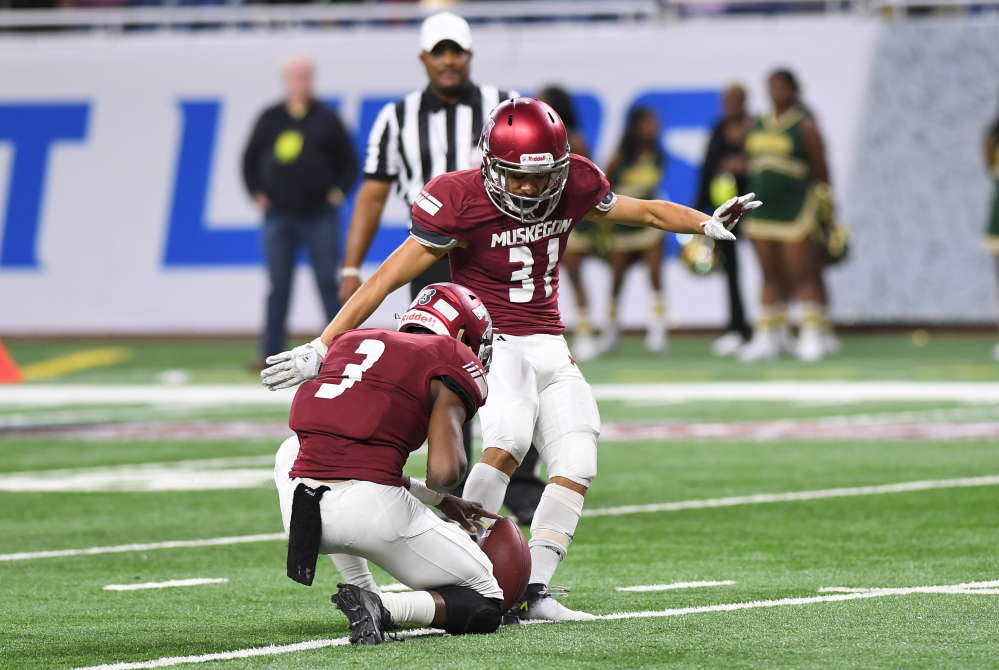
Be the Referee: No 1st-Year Fee
October 12, 2017
In this week's edition, assistant director Mark Uyl explains the minimal costs of becoming an official and how the MHSAA further helps those signing up for the first time by the waiving registration fee.
Be The Referee is a series of short messages designed to help educate people on the rules of different sports, to help them better understand the art of officiating, and to recruit officials.
Below is this week's segment – No 1st-Year Fee - Listen
We often get asked the question – exactly how much does it cost to become an official?
The first step in the process includes registering with the MHSAA, which costs roughly $50. With this $50, an official gets rules books, case books, mechanics manuals and over $1 million in liability insurance coverage.
For anyone registering for the first time, the MHSAA waives that fee in the first year. With someone who is new to officiating, the cost of purchasing a uniform, equipment, and attending some camps and clinics are going to be first-year expenditures – which is why that first year is free on the MHSAA.
Past editions
October 5: Athletic Empty Nesters - Listen
September 28: Misunderstood Football Rules: Kicking - Listen
September 21: Preparation for Officials - Listen
September 14: Always Stay Registered - Listen
September 7: Other Football Rules Changes - Listen
August 31: Pop-Up Onside Kicks - Listen
August 24: Blindside Blocks - Listen

Be the Referee: Blocked Kick
By
Sam Davis
MHSAA Director of Officials
October 10, 2023
Be The Referee is a series of short messages designed to help educate people on the rules of different sports, to help them better understand the art of officiating, and to recruit officials.
Below is this week's segment – Blocked Kick - Listen
It’s 4th-and-10. Team A is lining up on its 25-yard line to kick a field goal. The kick is blocked backward by Team B, never crossing the line of scrimmage. The kicker is able to scoop the ball up and take off, getting down to the 7-yard line before being tackled.
The next down should be:
- First-and-goal from the 7 for Team A – the kicking team.
- First-and-10 from the 7 for Team B – the defensive team.
- First-and-10 from the 25-yard line for Team B.
If you said 1st-and-Goal for Team A, you are correct. Because the kicked ball never crossed the line of scrimmage, the kicking team is able to pick the ball up and advance it. Because it was carried past the line to gain, it’s a first down.
Previous Editions
Oct. 3: Volleyball Double & Lift - Listen
Sept. 26: Registration Process - Listen
Sept. 20: Animal Interference - Listen
Sept. 13: Feet Rule on Soccer Throw-In - Listen
Sept. 6: Volleyball Jewelry - Listen
Aug. 30: Football Rules Similarities - Listen
Aug. 23: Football Rules Differences - Listen

